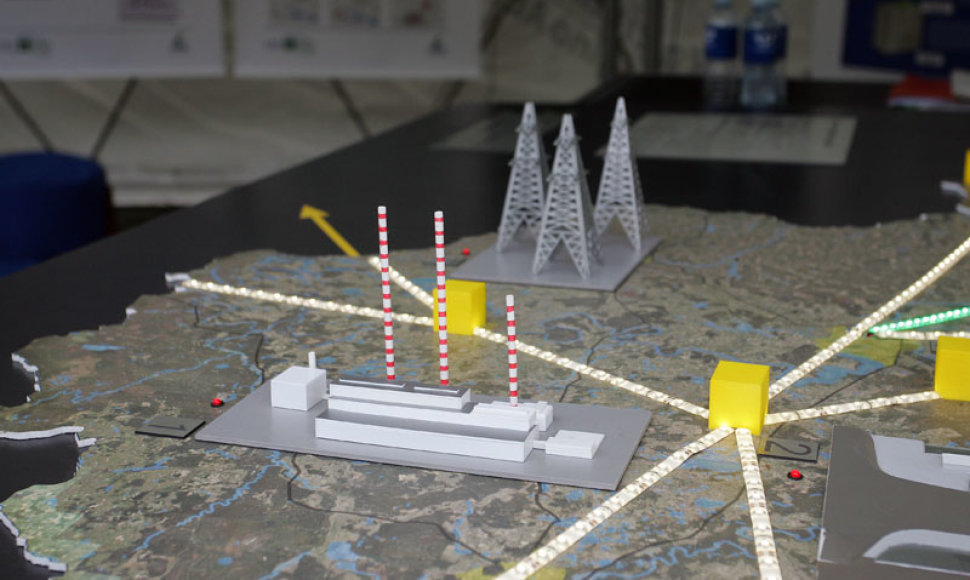“The commission, which has been set up in the Energy Ministry and is led by Energy Minister Jaroslav Neverovič, has to assess this case and make the calculations. I think we will have detailed information at the end of March and will provide it. This work shall be finalized in May and reported to the Seimas [parliament],” he said in an interview to the public radio on Tuesday.
The representatives of the Baltic countries had mostly been concerned about the economic evaluation of the Visaginas project, he said.
“It was stated clearly during the meetings, in particular by Estonia’s Prime Minister, that they had not been provided with commercial calculations pertaining to the electricity generation cost during that long negotiation process. They also want to know what the return on equity will be or the profit generated at that new nuclear facility,” Butkevičius said.
Prime Minister has recently assured that the task group, which will review the national energy independence strategy and will scrutinize the new nuclear facility, determining the optimal choice in terms of economy and consumer interests, by the end of May.
According to the Veidas weekly, the task group will consider possible reallocation of the electricity generation share earmarked for Visaginas Nuclear Power Plant, which, according to the national energy independence strategy, shall reach 51 percent of the total domestic electricity generation in 2020.
President Dalia Grybauskaitė has said that Lithuania shall remain a nuclear state and that the second referendum may be held to ascertain voter support, if necessary. The ruling coalition does not object to this idea although it still has not reached an agreement as to what to do with the results of the first referendum on the new nuclear facility project.
Butkevičius-led Social Democrats previously criticized the project worked out by the previous center-right government, under which the Baltic energy companies and Japan’ Hitachi were to build a new 1,350-MW nuclear power facility by 2020-2022.
The majority of Lithuanian voters did not back the project in a non-binding referendum that was held on October 14.












